11 Ancient Diets That Can Strengthen Your Gut Microbiome
In recent years, the gut microbiome has emerged as a cornerstone of health, influencing everything from digestion to mental well-being. This intricate ecosystem of trillions of microorganisms thrives on the nutrients we consume, making diet a crucial factor in maintaining its balance. As research delves deeper into the gut's influence on our overall health, the significance of diet becomes increasingly apparent. Time-honored diets, rooted in tradition and culture, offer a natural path to fortifying this vital microbiome. These diets have evolved over centuries, shaped by the environmental and cultural contexts of their regions, and are rich in the nutrients that our gut bacteria need to flourish. By exploring these dietary patterns, we can harness their benefits to support a diverse and resilient gut ecosystem. This article will delve into 11 such diets, each offering unique insights and benefits to our microbiome, and demonstrate how integrating these practices can lead to a healthier, more balanced life.
1. The Mediterranean Diet: A Symphony of Flavors and Health
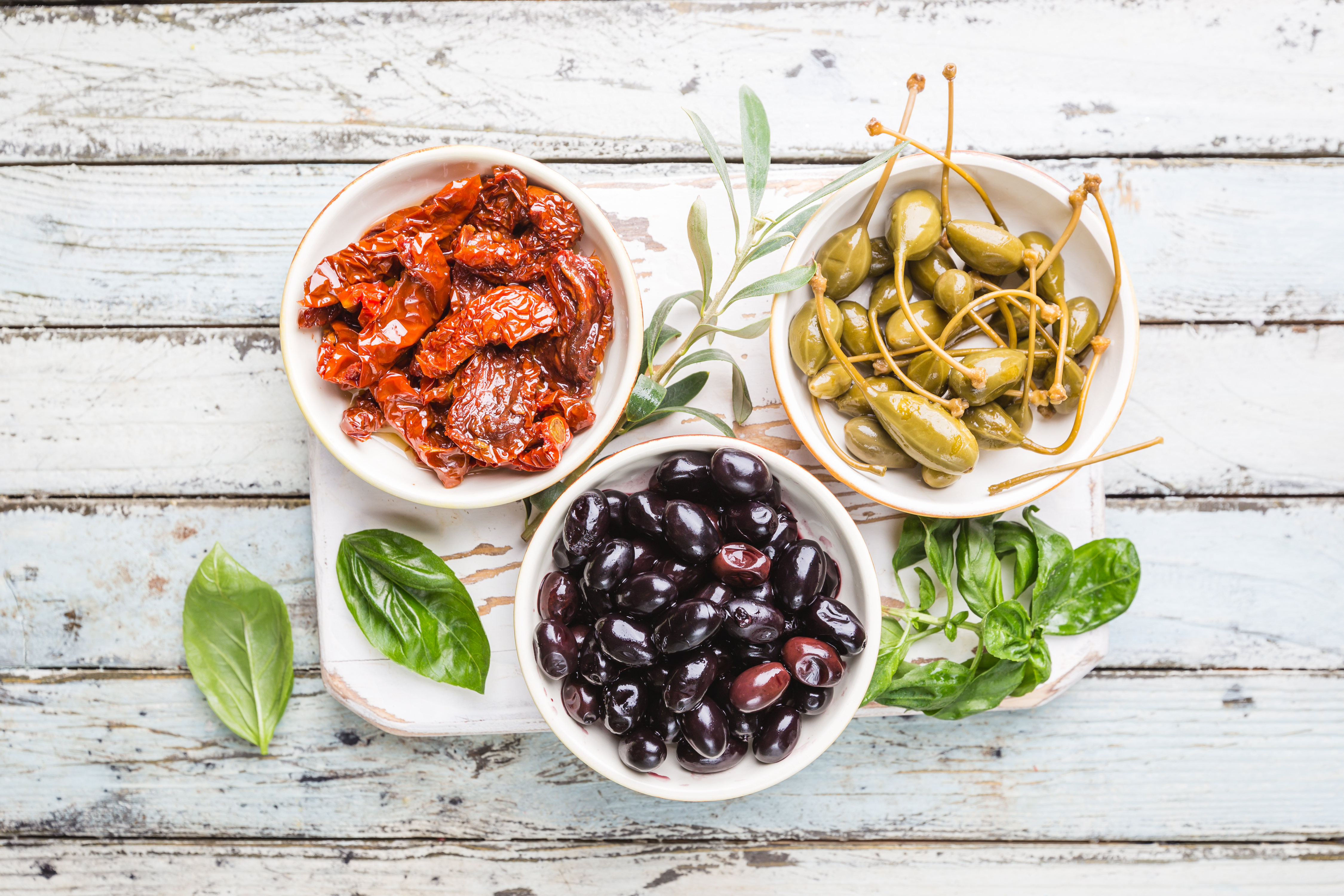
The Mediterranean diet is renowned for its heart-healthy properties, but its benefits extend far beyond cardiovascular health. Rich in fruits, vegetables, whole grains, nuts, and olive oil, this diet provides a plethora of polyphenols and fibers that serve as prebiotics. These compounds nourish beneficial gut bacteria, promoting a diverse microbiome. Research shows that adherence to the Mediterranean diet can increase levels of short-chain fatty acids, crucial for gut health. The inclusion of fermented foods like yogurt further enhances its probiotic content, supporting digestive health. This diet's emphasis on plant-based foods and healthy fats creates an anti-inflammatory environment, which is beneficial for gut integrity. Moreover, the Mediterranean lifestyle, characterized by communal meals and physical activity, complements dietary practices, fostering a holistic approach to well-being. By adopting this diet, individuals can enjoy a flavorful and balanced approach to nurturing their gut microbiome.
2. The Japanese Diet: A Fusion of Tradition and Modernity

Japan boasts one of the highest life expectancies globally, a testament to the health benefits of its traditional diet. The Japanese diet is rich in fermented foods such as miso, natto, and pickled vegetables, which are excellent sources of probiotics. These foods introduce beneficial bacteria into the gut, enhancing microbial diversity. The diet also emphasizes seafood, providing omega-3 fatty acids that support anti-inflammatory pathways in the gut. Seaweeds, a staple in Japanese cuisine, are rich in polysaccharides that act as prebiotics, fostering the growth of beneficial bacteria. The Japanese diet's focus on whole, minimally processed foods ensures a high intake of fiber and antioxidants, essential for maintaining gut health. Additionally, the practice of "hara hachi bu," or eating until 80% full, promotes mindful eating and digestive efficiency. By incorporating elements of the Japanese diet, individuals can support their gut microbiome while enjoying a diverse and flavorful culinary experience.
3. The Nordic Diet: Embracing Simplicity and Sustainability
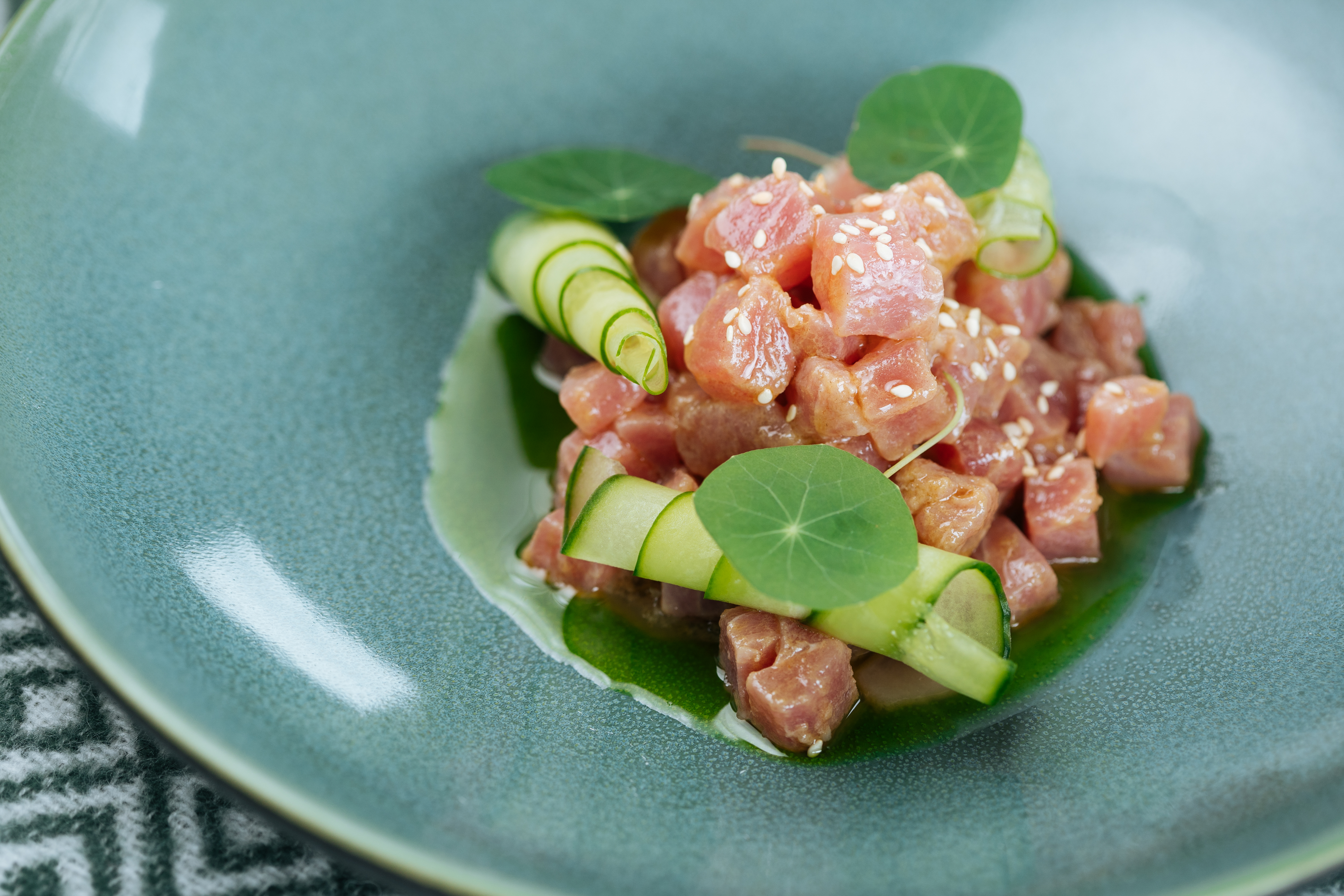
The Nordic diet, inspired by the traditional eating habits of Scandinavian countries, offers a sustainable and healthful approach to nutrition. This diet emphasizes whole grains, root vegetables, fatty fish, and berries, all of which contribute to a healthy gut microbiome. Whole grains like rye and barley provide resistant starches that act as prebiotics, supporting beneficial gut bacteria. Fatty fish such as salmon and herring are rich in omega-3 fatty acids, promoting anti-inflammatory effects and gut health. Berries, abundant in the Nordic region, are packed with antioxidants and fibers that nourish the gut. The diet's focus on local and seasonal produce reduces the intake of processed foods, which can disrupt microbial balance. Additionally, the Nordic diet's emphasis on sustainability aligns with environmental health, creating a harmonious relationship between diet, body, and planet. By embracing this diet, individuals can enhance their gut health while supporting ecological well-being.
4. The Indian Diet: A Spice-Infused Path to Gut Health

The Indian diet, with its rich tapestry of spices and flavors, offers a potent blend of ingredients that support gut health. Spices such as turmeric, cumin, and coriander are not only flavor enhancers but also possess anti-inflammatory and antimicrobial properties that benefit the gut microbiome. Turmeric, in particular, contains curcumin, known for its ability to modulate gut bacteria and reduce inflammation. The Indian diet is also rich in legumes, providing a high fiber content that acts as a prebiotic, nourishing gut bacteria. Fermented foods like yogurt and dosa introduce probiotics, enhancing microbial diversity. The practice of Ayurveda, an ancient Indian system of medicine, emphasizes the balance of body and mind through diet, aligning with modern understandings of the gut-brain axis. By incorporating the principles of the Indian diet, individuals can enjoy a vibrant and flavorful approach to gut health, enriched by centuries of tradition.
5. The Korean Diet: Fermentation and Flavor in Harmony
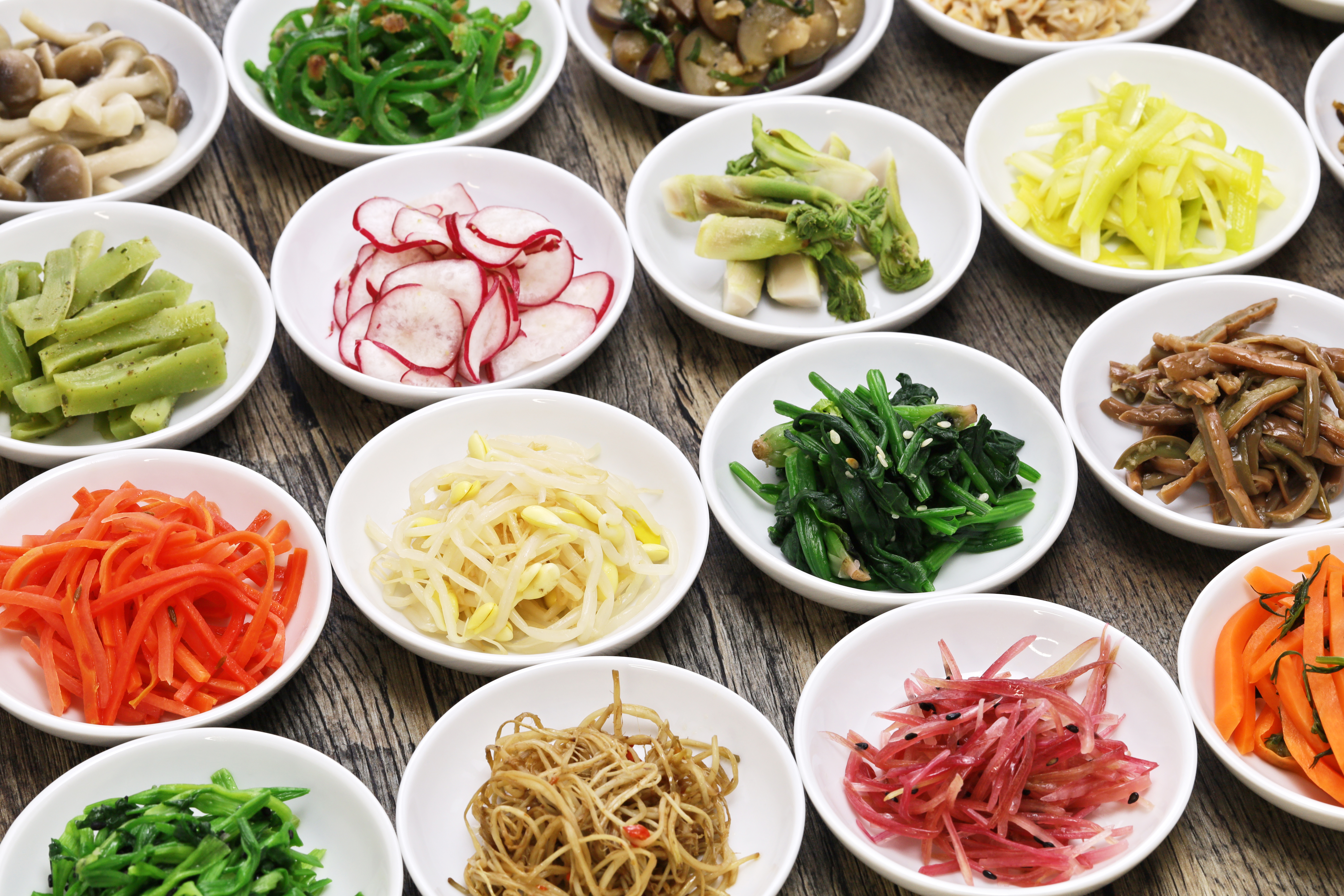
Korean cuisine is celebrated for its bold flavors and health-promoting properties, largely due to its emphasis on fermentation. Kimchi, a staple in the Korean diet, is a fermented vegetable dish rich in probiotics, which support gut health by enhancing microbial diversity. Other fermented foods, such as doenjang (fermented soybean paste) and gochujang (fermented chili paste), further contribute to a healthy gut microbiome. The Korean diet also includes a variety of vegetables, providing essential fibers and antioxidants that nourish beneficial bacteria. Seafood, another key component, supplies omega-3 fatty acids that promote anti-inflammatory pathways in the gut. The Korean approach to meals, often shared and communal, fosters a holistic eating experience that supports digestive health. By embracing the principles of the Korean diet, individuals can enjoy a flavorful and balanced approach to fortifying their gut microbiome naturally.
6. The French Diet: Elegance and Moderation for Gut Health

The French diet, often associated with indulgence and elegance, offers valuable insights into maintaining a healthy gut microbiome through moderation and quality. French cuisine emphasizes fresh, high-quality ingredients, often sourced locally, which contribute to a nutrient-rich diet. The inclusion of fermented foods like cheese and yogurt introduces probiotics, supporting gut health. The French approach to meals, characterized by smaller portion sizes and mindful eating, promotes digestive efficiency and satisfaction. Red wine, consumed in moderation, provides polyphenols that act as prebiotics, nourishing beneficial gut bacteria. The French paradox, the observation of low heart disease rates despite a diet rich in fats, highlights the importance of balance and quality in diet. By adopting the principles of the French diet, individuals can enjoy a sophisticated and healthful approach to nurturing their gut microbiome.
7. The African Heritage Diet: A Rich Tapestry of Tradition
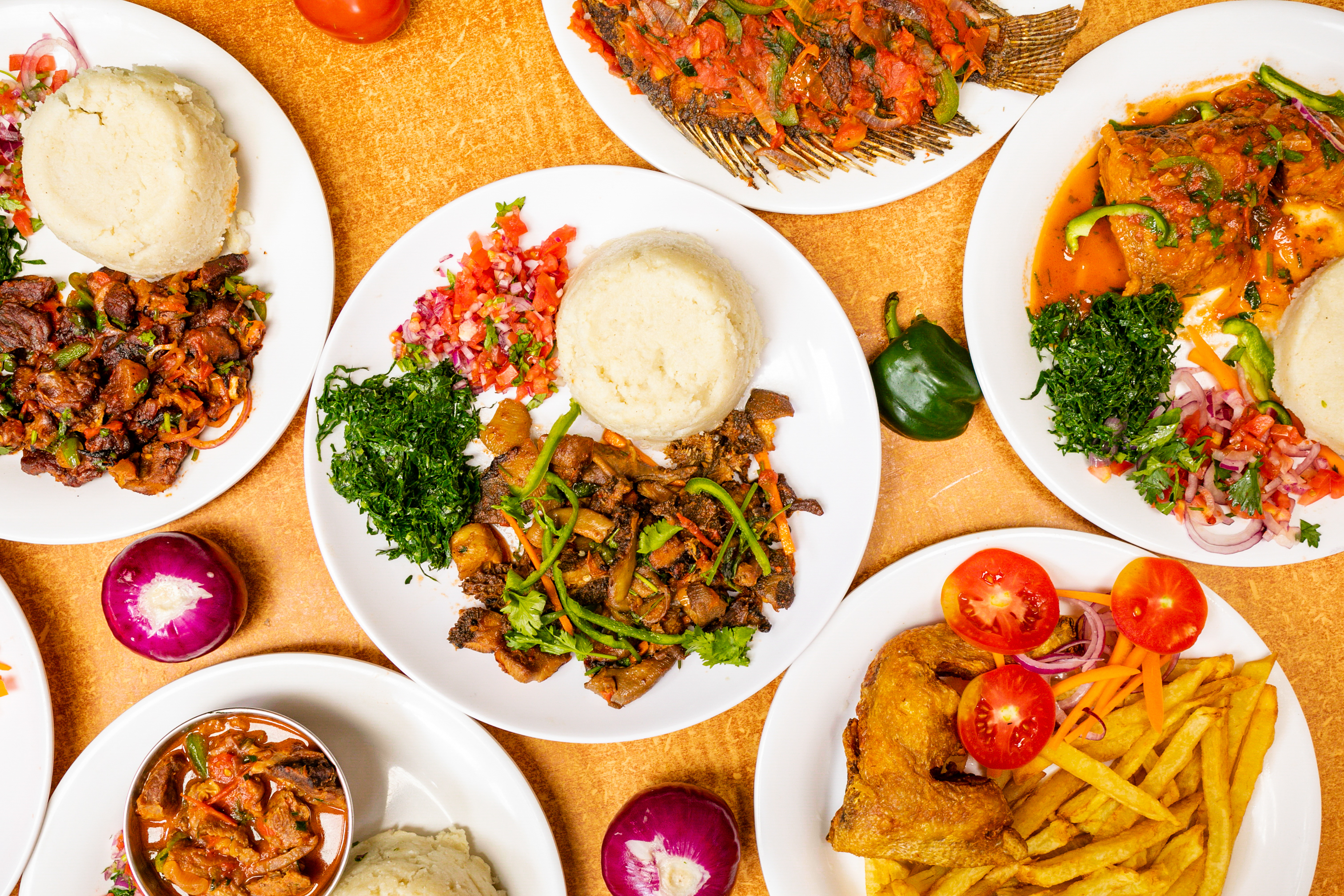
The African Heritage Diet, rooted in the culinary traditions of the African diaspora, offers a diverse and nutrient-rich approach to gut health. This diet emphasizes whole, minimally processed foods, including leafy greens, root vegetables, legumes, and whole grains, which provide essential fibers and nutrients for a healthy gut microbiome. Fermented foods, such as injera and ogi, introduce beneficial bacteria that enhance microbial diversity. The use of spices and herbs, such as ginger and garlic, adds flavor and anti-inflammatory properties that support gut health. Traditional cooking methods, such as slow-cooking and steaming, preserve the nutritional integrity of foods, contributing to a balanced diet. The African Heritage Diet celebrates the cultural and historical significance of food, fostering a holistic approach to health and well-being. By embracing this diet, individuals can enjoy a vibrant and flavorful path to nurturing their gut microbiome naturally.
8. The South American Diet: A Celebration of Biodiversity

The South American diet, rich in biodiversity and cultural heritage, offers a unique approach to gut health through its diverse array of ingredients. Staples such as quinoa, amaranth, and sweet potatoes provide essential fibers and nutrients that support a healthy gut microbiome. The diet's emphasis on fresh fruits and vegetables, including tropical fruits like papaya and mango, offers a rich source of vitamins, antioxidants, and prebiotics. Fermented foods, such as chicha and sauerkraut, introduce probiotics that enhance microbial diversity. The use of spices and herbs, such as cilantro and chili, adds flavor and health benefits to the diet. The South American diet celebrates the region's rich agricultural heritage, promoting sustainable and healthful eating practices. By incorporating elements of this diet, individuals can support their gut health while enjoying a diverse and flavorful culinary experience.
9. The Middle Eastern Diet: A Harmony of Flavors and Health
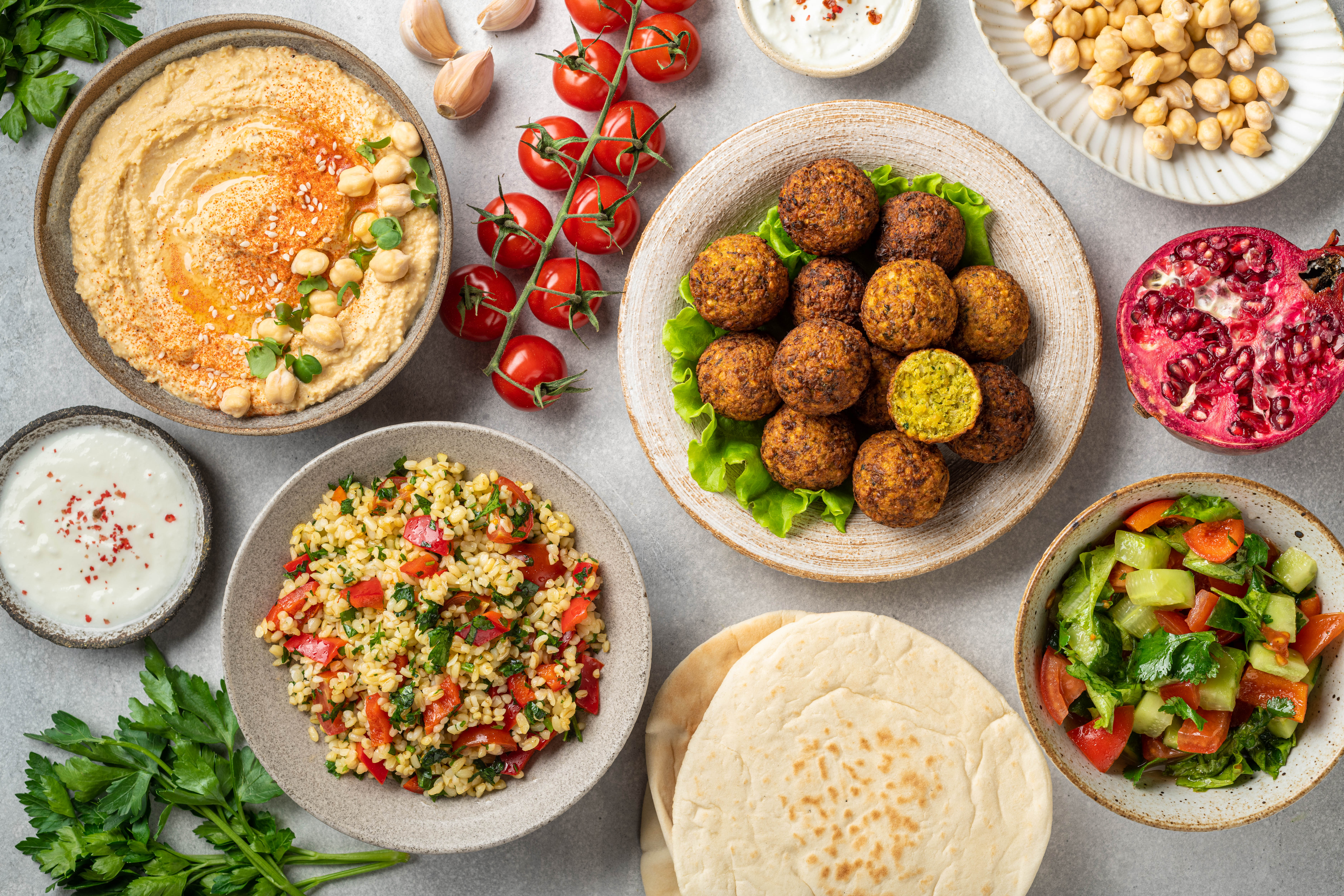
The Middle Eastern diet, characterized by its rich flavors and aromatic spices, offers a healthful approach to gut health. This diet emphasizes whole grains, legumes, fruits, and vegetables, providing essential fibers and nutrients for a healthy gut microbiome. The use of spices such as cumin, coriander, and sumac adds flavor and anti-inflammatory properties that support gut health. Fermented foods, such as labneh and pickled vegetables, introduce probiotics that enhance microbial diversity. The Middle Eastern diet also includes healthy fats from sources like olive oil and nuts, promoting anti-inflammatory effects and gut health. The communal nature of Middle Eastern meals fosters a holistic approach to eating, supporting digestive health and well-being. By embracing the principles of this diet, individuals can enjoy a flavorful and balanced approach to nurturing their gut microbiome naturally.
10. The Traditional Chinese Diet: Balance and Harmony for Gut Health

The Traditional Chinese Diet, deeply rooted in the principles of balance and harmony, offers a holistic approach to gut health. This diet emphasizes a variety of foods, including vegetables, whole grains, legumes, and lean proteins, providing a diverse array of nutrients that support a healthy gut microbiome. The use of medicinal herbs and spices, such as ginger and garlic, adds flavor and health benefits to the diet. Fermented foods, such as tofu and pickled vegetables, introduce probiotics that enhance microbial diversity. The practice of Traditional Chinese Medicine emphasizes the balance of yin and yang, aligning with modern understandings of the gut-brain axis. By incorporating elements of the Traditional Chinese Diet, individuals can enjoy a vibrant and healthful approach to nurturing their gut microbiome naturally.
11. The Brazilian Diet: A Carnival of Nutrients for Gut Health
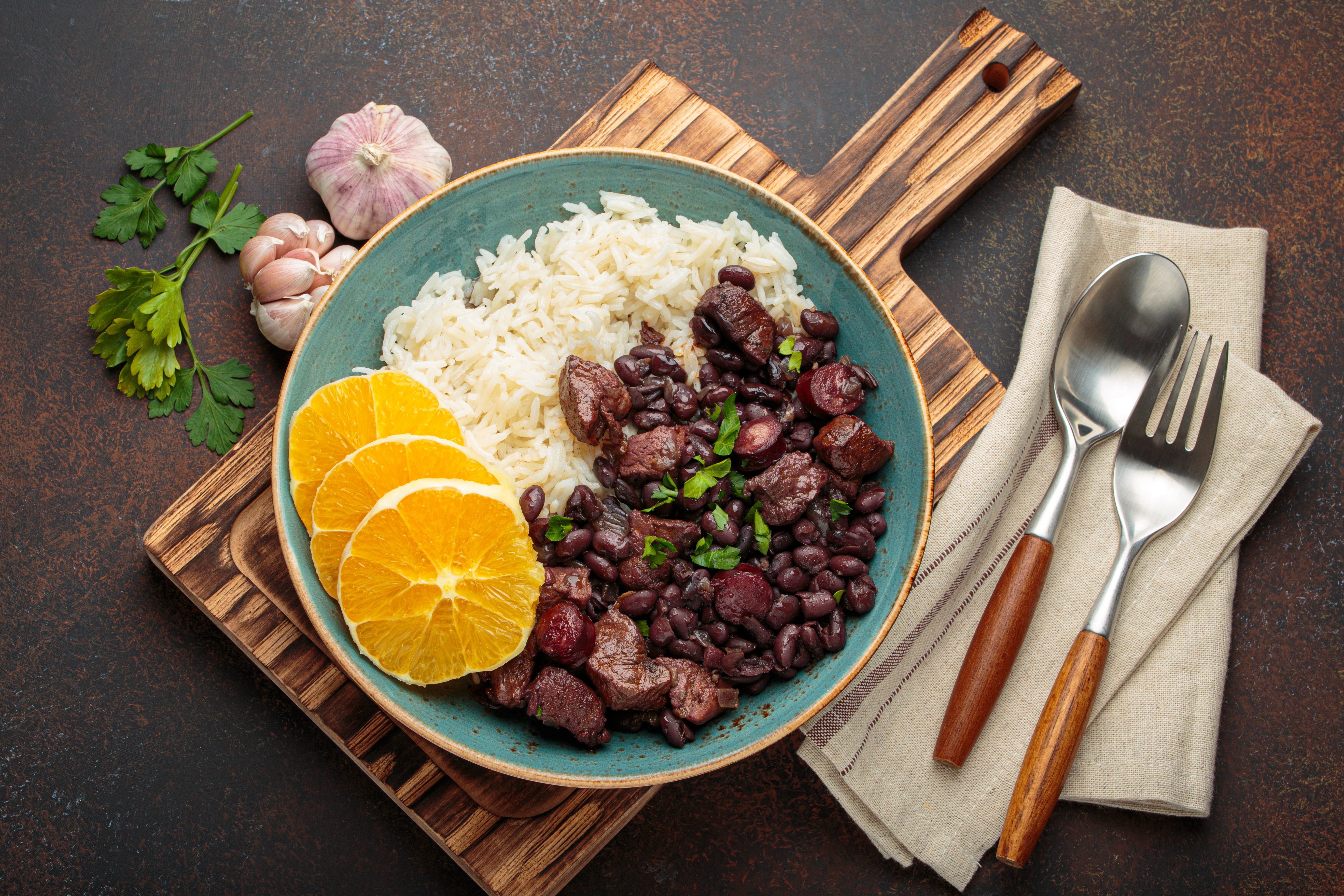
The Brazilian diet, known for its vibrant flavors and diverse ingredients, offers a nutrient-rich approach to gut health. Staples such as beans, rice, and cassava provide essential fibers and nutrients that support a healthy gut microbiome. The diet's emphasis on fresh fruits and vegetables, including tropical fruits like acai and guava, offers a rich source of vitamins, antioxidants, and prebiotics. Fermented foods, such as yakult and sauerkraut, introduce probiotics that enhance microbial diversity. The use of spices and herbs, such as cilantro and chili, adds flavor and health benefits to the diet. The Brazilian diet celebrates the country's rich cultural heritage, promoting sustainable and healthful eating practices. By incorporating elements of this diet, individuals can support their gut health while enjoying a diverse and flavorful culinary experience.
Embracing Diversity for a Healthy Gut

The exploration of these 11 time-honored diets reveals a common thread: the power of diversity and tradition in supporting gut health. Each diet offers unique insights into nourishing the gut microbiome, emphasizing whole, minimally processed foods rich in fibers, antioxidants, and probiotics. The inclusion of fermented foods, healthy fats, and anti-inflammatory spices further enhances the health benefits of these diets. By embracing the principles of these time-honored dietary patterns, individuals can fortify their gut microbiome naturally, supporting overall health and well-being. The journey to a healthy gut is not a one-size-fits-all approach but a celebration of diversity and tradition, offering a flavorful and balanced path to optimal health.